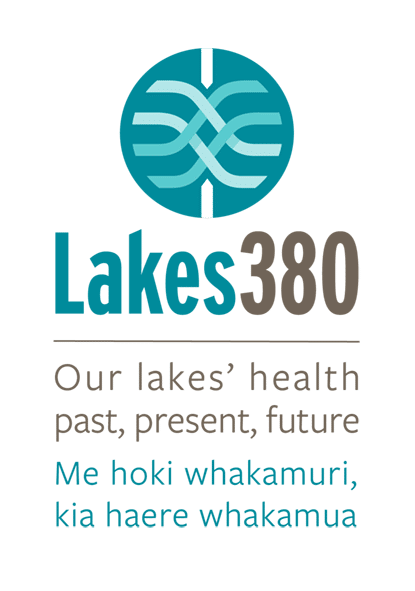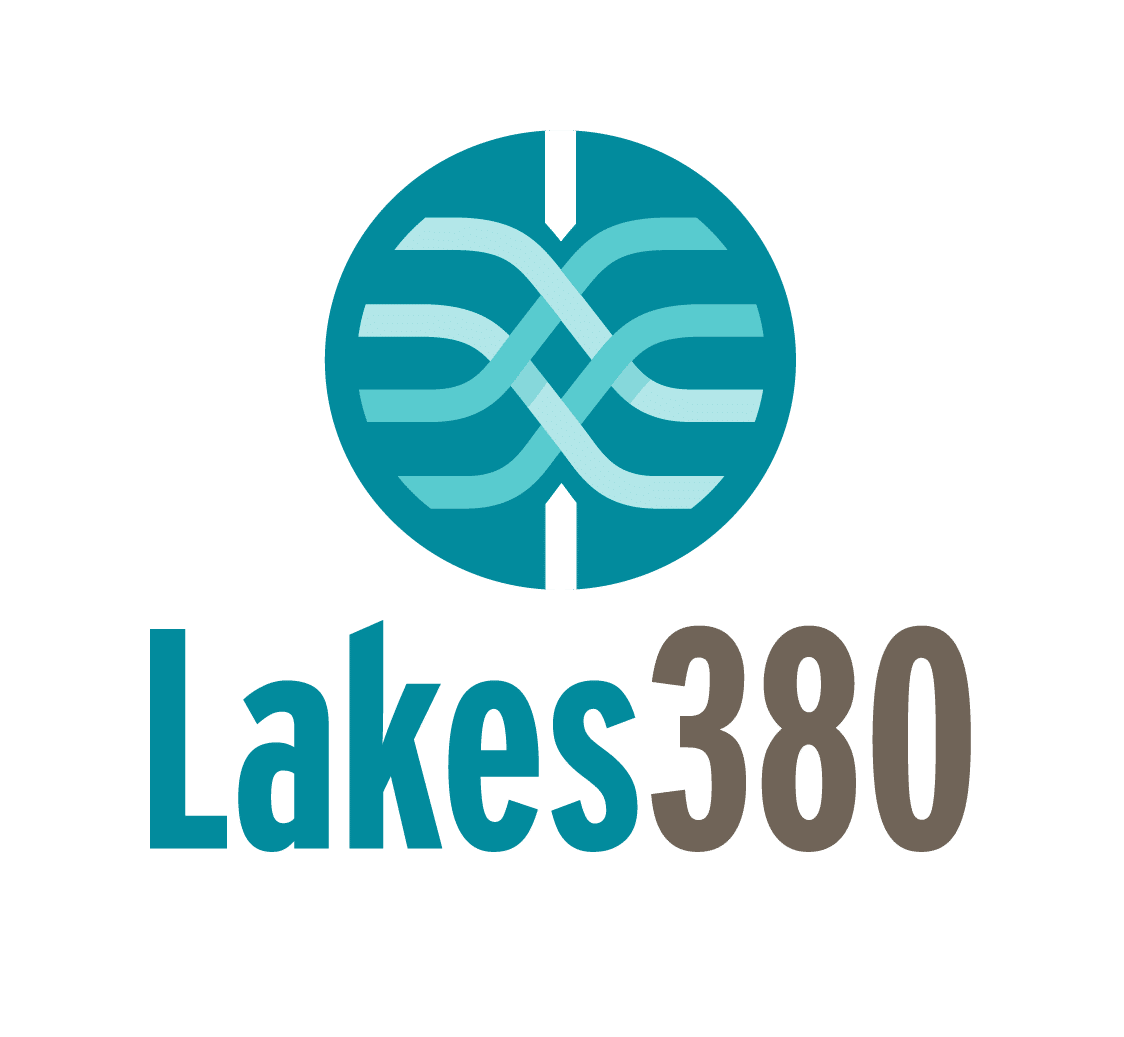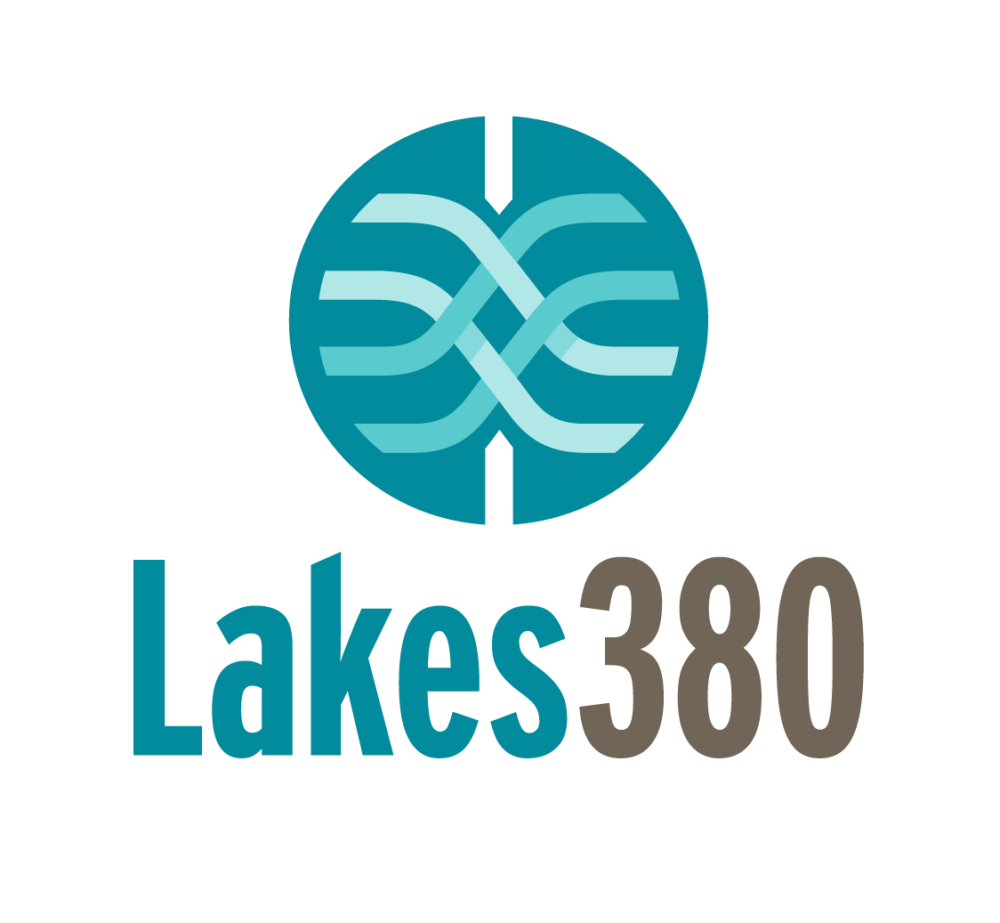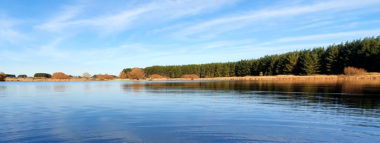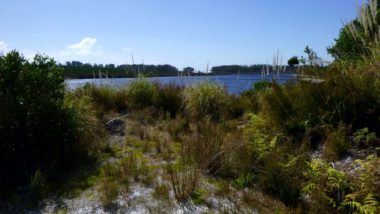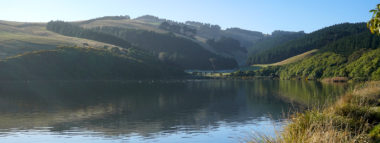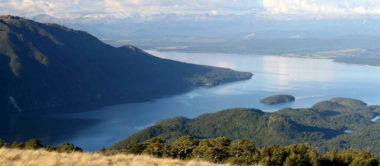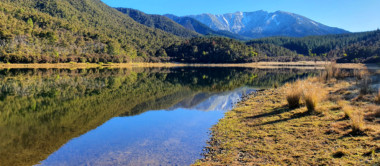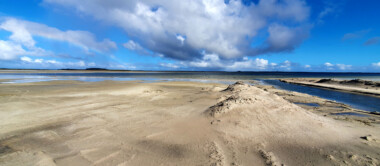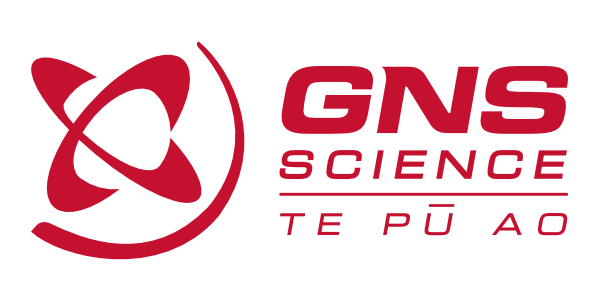Social Science
Lakes380 is exploring how New Zealanders’ relationships to lakes have changed over time
How do we relate to lakes?
Lakes hold a range of values and meanings for people throughout New Zealand including; mahinga kai, recreation, ecological, aesthetic and spiritual values, hydroelectricity generation and tourism, and their importance in whakapapa and local histories. Lakes are significant features of our social as well as natural landscapes. Our social scientists are interviewing New Zealand lake experts to learn about the variety of lake values and uses dominating different regions, and corresponding management challenges and approaches. Case study research will provide deeper insight into how specific lakes matter to New Zealanders, and how they interact with them in their daily lives. A rich repository of Wairarapa lake stories resulting from filmed interviews crafted into digital narratives is showcased in Lakes380’s Wairarapa Moana Kete Pūrākau.
Why have our lakes changed over time?
Our social science team is exploring how society’s use and management of lakes has changed over time. Examining laws, policy, and historical records provides an opportunity to reflect upon changes in how New Zealand’s lakes are valued, from the early drainage of lowland lake catchments to today’s efforts to replant lake margins. Analysis highlights the key socio-economic and political factors that have driven such changes in New Zealanders’ relationships with lakes.
Insights emerging from our interviews suggest that restricted public access to lakes is a significant factor in a lack of awareness of deteriorating lake health and values in some regions. The team is examining the extent and importance of public access to lakes using a combination of GIS (geographic information system) analysis, historical research, and interviews. An ArcGIS Storymap summarises some early results from this investigation.
What do changes to lake environments mean for us?
Social science research sheds light on how changes in the state of New Zealand’s lakes has affected particular communities, including their access, use, and relationship to their lakes. Stories of the connections and values lost through the re-engineering and degradation of lake environments reveal the human consequences of these changes, and trade-offs in the development of lake catchments. Our social scientists are investigating hopeful stories of community-led lake regeneration across New Zealand, highlighting the resources required to protect lakes and realise community aspirations.
